Onetime operation:
If you want to send request 10 times (including first request 11) , then create two environment variables that contains the count. you can create the variables by simply copy pasting the below two lines in pre-request or test script ( remove all other code).
pm.environment.set("repeat",10);
pm.environment.set("repeat",10);
Once the variables are added remove the above lines from script.
Now in test script:
we can sendrequest multiple time by using pm.sendrequest or pm.setNextrequest. Here the example shows calling same request 10 more times using pm.setNextRequest.
The delay of 2mins or 3 mins can be set using the setTimeout javascript function which waits the mentioned time (here 3 seconds ) before executing the code inside that. so the setNextrequest will executed only after 3 sec in this case you can change it to 2 mins.
let repeatTemp = pm.environment.get("repeatTemp");
if (repeatTemp === 0) {
pm.environment.set("repeatTemp", pm.environment.get("repeat"));
} else {
let repeatTemp = pm.environment.get("repeatTemp")
let increment = pm.environment.get("increment")===0?15:pm.environment.get("increment")+5
pm.environment.set("increment",increment)
pm.environment.set("repeatTemp", repeatTemp-1);
setTimeout(function () { postman.setNextRequest("something") }, 3000);
}
so if your request name is "yourrequestname" then it will send this request 1+10 times
Pre-request script:
in your format you mentioned yyyy-mm which is wrong mm stands for minutes not month for year-month you have to give capital YYYY-MM
let repeatTemp = pm.environment.get("repeatTemp");
let repeat = pm.environment.get("repeat");
if (repeatTemp===repeat) {
pm.environment.set("increment", 0)
}
let moment = require('moment')
pm.environment.set('estimatedTimeArrival', moment().add(30 + pm.environment.get("increment"), 'minutes').format("YYYY-MM-DDThh:mm:ss"));
pm.environment.set('estimatedTimeDeparture', moment().add(2, 'hours').format("YYYY-MM-DDThh:mm:ss"));
pm.environment.set('scheduledTimeArrival', moment().add(10, 'minutes').format("YYYY-MM-DDThh:mm:ss"));
console.log(pm.environment.get('increment'))
console.log(pm.environment.get('estimatedTimeArrival'))
output:

